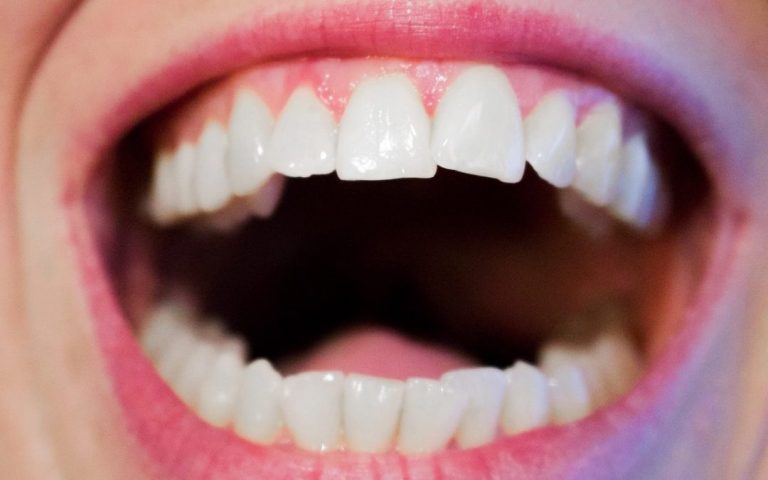Tons of obligations we have to handle and the hectic pace of modern lifestyle often make us forget that maintaining proper dental hygiene and oral health is absolutely critical for overall well-being. While regular brushing, flossing, and dental check-ups are vital, the impact of food choices on dental hygiene should not be overlooked.
This article explores the effects of food on oral health, highlighting both positive and negative dietary factors to help you make informed choices for a healthy smile.
The Role of Nutrition in Dental Health

Good nutrition plays a pivotal role in maintaining optimal dental hygiene and oral health. Essential molecules, most notably calcium vitamins and minerals, phosphorus, vitamin D, and vitamin C, do a great job keeping our teeth and gums strong and uncompromised. Consuming a balanced diet that shuffles dairy products, with leafy greens, lean proteins, and fruits produces a positive effect on dental health. All these mentions strengthen tooth enamel, support gum health, and aid in the prevention of tooth decay and gum disease.
Foods That Promote Dental Health

Certain foods promote dental health and contribute to a cleaner mouth. Fruits and veggies that produce a crunching feel in your mouth, such as apples, carrots, and celery, act as a sort of naturalistic toothbrush. They are stimulating saliva production and scrub away harmful plaque. High-fiber foods also require more chewing, which increases saliva flow and helps cleanse the mouth. The good news is that the popularity of such meals is growing with the speed of light, so even if you like your meals delivered, you can easily find great treats in mere seconds. Health is the easiest to attain when it doesn’t come at the expense of convenience.
And then, there the regular dairy products like milk, cheese, and yogurt that serve as excellent sources of calcium, phosphorus, and casein. All these mentions are known for their help in strengthening tooth enamel and protecting against acid erosion. Additionally, cheese stimulates saliva production, balancing oral pH levels and reducing the risk of cavities. High levels of calcium can also make wonders for your bone strength and density so you get two excellent benefits for the price of one.
Another healthy nutrition powerhouse, green tea, contains polyphenols that inhibit the growth of bacteria and reduce the risk of gum disease. It also helps prevent bad breath by neutralizing sulfur compounds. Of course, green tea is not only associated with oral hygiene. This healthy beverage is known for an entire slew of benefits like powerful antioxidant effects, improvement in cognitive functions, lower risk of certain types of cancer, and a bunch of other mentions.
Foods That Harm Dental Health

Certain foods and beverages can negatively impact dental hygiene and oral health. Foods with high sugar and acidic content, including candies, sodas, juices, and energy drinks, promote the growth of devastating bacteria and drastically speed up tooth decay. Limiting the consumption of these foods and practicing proper oral hygiene is essential for preventing cavities.
Sticky foods, dried fruits and chewy candies tend to cling to the teeth and, since they are horribly hard to remove, also ramp up the risk of premature decay. When consumed, they provide a breeding ground for bacteria, leading to acid production and enamel erosion.
Acidic foods and drinks like citrus fruits, tomatoes, and carbonated beverages can weaken tooth enamel over time. While they can be enjoyed in moderation, and offer certain benefits on their own terms, it’s important to rinse the mouth with water afterward to minimize their effects on dental health.
Finally, we have to mention the substances that dry out your mouth like medicines and alcohol. And while the first group is necessary and the other should be consumed in moderation or avoided altogether, their negative effects can be counterbalanced by proper hydration.
Hydration and Oral Health

Proper hydration is crucial for overall health, including oral health. Drinking your recommended dose of water helps wash away small particles, makes acids easier to handle, and stimulates more rapid saliva production. All these things play an absolutely vital role in maintaining a healthy mouth. Additionally, water that contains fluoride can aid in strengthening tooth enamel and preventing tooth decay.
In the end, we can only sum up that incorporating a balanced diet that includes foods that promote dental health while minimizing the intake of harmful foods is essential for maintaining optimal dental hygiene and oral health. By making conscious choices and practicing good oral hygiene habits, you can enjoy a healthy smile and prevent dental issues in the long run.




